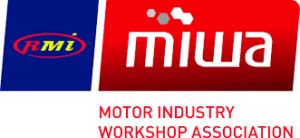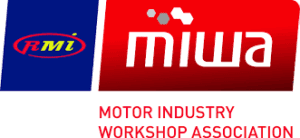 Responsible driving goes a long way to extending the life of vehicles and parts. This can only be achieved if drivers and fleet owners focus on improving their behaviour on the road.
Responsible driving goes a long way to extending the life of vehicles and parts. This can only be achieved if drivers and fleet owners focus on improving their behaviour on the road.
“This lane is intended for emergency vehicles, vehicles that have broken down or an escape route for vehicles to use to avoid an accident. You should not be in this lane otherwise, irrespective of what others are doing.”
Lastly, Ranft stressed the importance of driving roadworthy vehicles, saying drivers should never put their lives at risk by getting behind the wheel of a vehicle they know has not been inspected. “Periodic roadworthy testing is not compulsory in South Africa. However, driving a car that is not roadworthy is not only risky on the roads, it’s also risky when it comes to your finances. Most car insurance claims will not be paid out if it is found that the vehicle involved in the accident was not in a roadworthy condition.” He said the onus is on the vehicle owner to ensure all vehicles are regularly serviced and maintained by qualified mechanics and technicians – preferably from accredited MIWA workshops.






